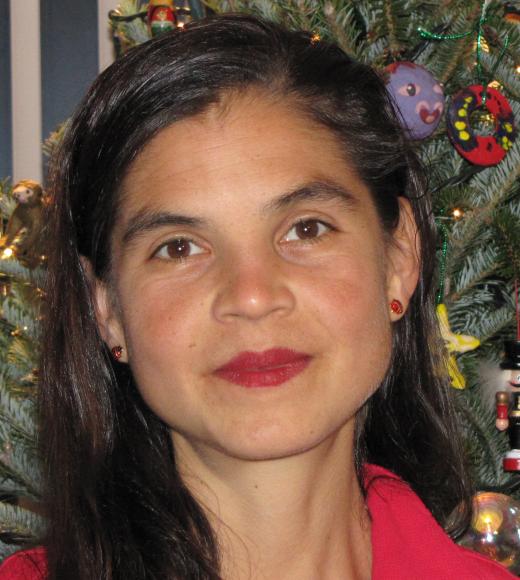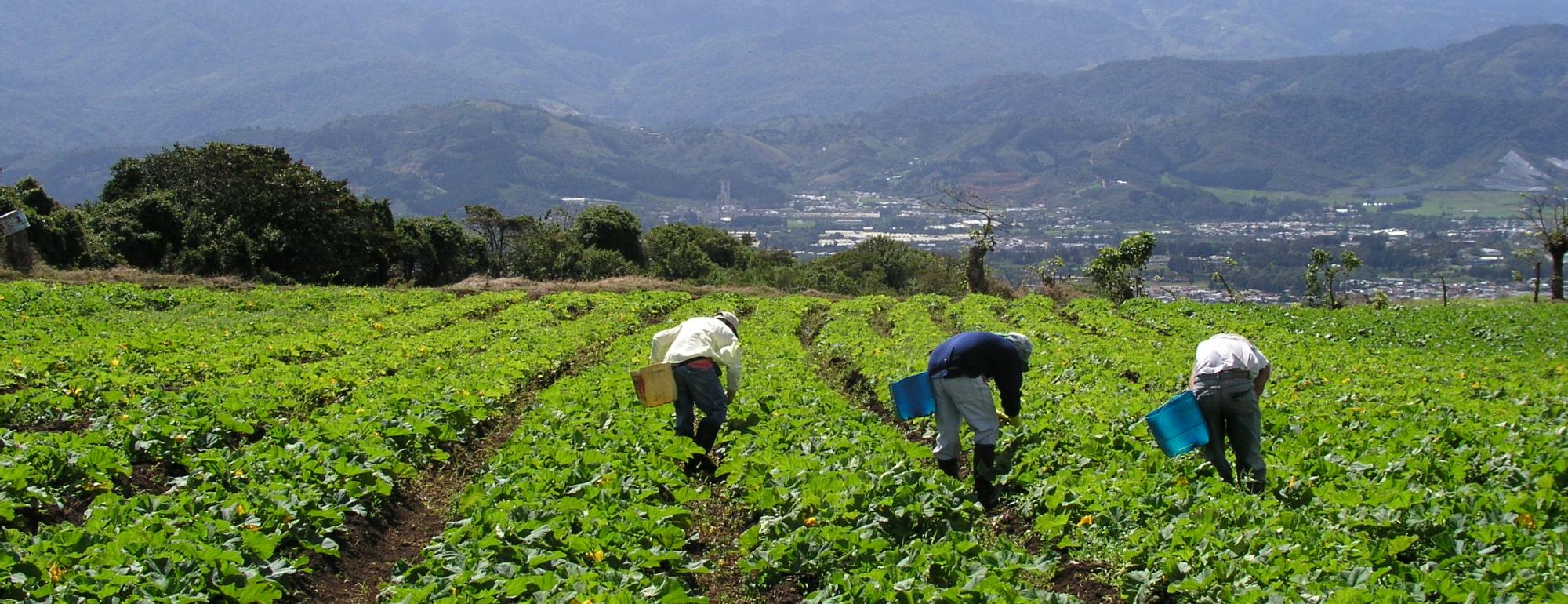
Position Title
UC Davis; Assistant Professor in Environmental Studies, UC Santa Cruz
- https://ourenvironment.berkeley.edu/people/maywa-montenegro
- https://ucdavis.academia.edu/MaywaMontenegro
My current postdoctoral project explores CRISPR-Cas9 in agricultural systems. I ask if and how CRISPR may reinforce, or alternatively, counterpose existing sociotechnical ‘lock-ins’ characteristic of the industrial agri-food system. What are the authentic prospects for decentralizing science, diversifying crop development, and re-distributing the loci of ownership and control? How does the intellectual property system in which CRISPR-Cas9 is embedded shape the landscape of possibilities? Who owns this technology, who has access to it, and who is making decisions about its development and use? I address these questions using theories and methods from political ecology, science and technology studies, rural sociology, and human geography. My interests in biotechnology emerge from and complement my PhD research in which I looked at historical trends in loss of agricultural biodiversity and co-produced loss of access to it. This research resulted in several papers, all available here, and in ongoing collaborations with an international team of scientists who are mapping pathways of nourishment between agrobiodiversity and food security and nutrition.
I am a co-founding member of the Agroecology Research-Action Collective, an organization whose members commit to working within and alongside social movements to advance agroecology and food sovereignty in North America. As a collective, we have worked on agricultural issues related to the Green New Deal, international agroecology policy at the FAO, and grassroots and frontline partnerships and solidarity building. I have a BA from Williams College, an MS from M.I.T., and a PhD from UC Berkeley.
Selected Publications
- Montenegro de Wit, M. 2020. Democratizing CRISPR? Stories, practices, and politics of science and governance on the agricultural gene editing frontier. Elementa: Science of the Anthropocene. 8(1), p.9. DOI: http://doi.org/10.1525/elementa.405
- Montenegro de Wit, M.,† A. Roman-Alcalá,† S. Chrisman, and A. Liebman. 2020. The agrarian origins of authoritarian rural populism in the United States: What can we learn from 20th century struggles in California and the Midwest? Journal of Rural Studies, special issue on Authoritarian Populism and Emancipatory Rural Politics in the United States and Puerto Rico Online first, Dec 19, 2019. († co first authors). https://doi.org/10.1016/j.jrurstud.2019.12.003
- Montenegro de Wit, M., L. Carlisle, L., M.S. DeLonge, M. S., A. Iles, A. Calo, C. Getz, J. Ory, K. Munden-Dixon, Ryan Galt, Brett Melone, Reggie Knox, and Daniel Press. 2019. Transitioning to sustainable agriculture requires growing and sustaining an ecologically skilled workforce. Frontiers in Sustainable Food Systems, November 1. († co first authors). (Open access)
- Carlisle, L., M. Montenegro de Wit, M.S. DeLonge, A. Calo, C. Getz, J. Ory, K. Munden-Dixon, R. Galt, B. Melone, R. Knox, A. Iles, D. Press. 2019. Securing the future of US agriculture: the case for investing in new entry sustainable farmers. Elementa: Science of the Anthropocene 7(1). (Open access)
- Montenegro de Wit, M. 2019. Gene Driving the Farm: Who decides, who owns, and who benefits? Journal of Agroecology and Sustainable Food Systems 43(9):1054-1074 (PDF)
